Lambeth has a growing world class cultural sector and young people in the borough really like taking part in arts and cultural activities, so why are only a third considering a career in the sector?
We Rise’s research for Lambeth’s Cultural Education Partnership ELEVATE! found that young people and parents are put off by mistaken perceptions about creative sector careers, in particular the jobs are seen as insecure and poorly paid.
With the creative industries embracing tech and developing new jobs faster than other sectors we need to inspire more young people to translate their love of creativity into a rewarding career, and support their schools to better inform them about the benefits of doing so.
Young people love creative activities, and would like more
Creative activities are valued by young people in Lambeth. Our research found there is a big demand for more creative activities from young people, parents and schools.
Nearly 60% of the young people who answered our survey would like to take part in more arts and cultural activities.
Parents strongly agree that it’s important for their children to take part in the arts because they can learn new things, they enjoy them, they are good at them and they make them feel better.
Schools are keen to offer more access to creative activities.
Reasons parents see it as important for their children to take part in creative activities:
79% said because they can learn new things
57% said because it can help them feel good/ better
44% said it was important because their children enjoy the arts.
But there are barriers such as cost, distance and homework pressures which stop young people doing as much as they would like. Lack of funding and curriculum pressures prevent schools offering more.
But arts and culture is not seen as leading to a career
However, despite enjoying arts and culture, only one in three of the young people we surveyed would consider a career in the cultural industries. The majority of young people who responded to our survey were Black or Black British and 30% of pupils were on free school meals.
Our survey found that two thirds of young people are not even considering a career in the arts.
These were the top reasons young people gave that puts them off thinking of the creative sector as a future career:
Reasons why young people would not consider a creative career:
Nearly one in 3 of young people (32%) said this is because they think it’s not secure
Nearly one in 3 (29%) said the jobs are not well paid
Two in 7 young people (27%) said its because they are not creative
One in 4 (24%) said it’s because they don’t know anyone who does creative arts.
One in 6 (15%) are put off because their parents wouldn’t approve
In addition nearly 1 in 3 (57%) of parents said that they would not consider a creative arts career for their child.
The reasons they give are similar – they don’t know much about it, they think that the jobs are not well paid and they think it is not a secure career.
This despite the fact that creative industries are the UK’s fastest growing sector
These perceptions of young people and their parents are not supported by reality. In fact, getting into the creative sector is a pretty good bet for young people.
The Creative Industries Council found in 2019 that “the UK’s creative industries are developing new jobs faster than other sectors”.
According to UK innovation agency Nesta, creative industries jobs are driving economic growth. The UK is on track to create one million new creative industries jobs between 2013 and 2030.
A big part of the creative sector is digital and tech which employs 3 million people, is recruiting 37,000 positions this year and offers very attractive starting salaries.
For example, We Rise partners with Moonbug, a fast growing global entertainment company for kids’ that is now employing hundreds of young people in its Camden Lock offices. The creative industries are fast growing, innovative and support many different kinds of jobs.
Schools do not see themselves as being able to address the lack of access to creative arts careers amongst their pupils without external help. In particular they would like to see more teacher training, more industry visits and more access to role models.
Who we spoke to
ELEVATE! Culture Check Surveys were completed by 100 young people, 68 parents, 28 cultural partners and 22 schools. Across all audiences the surveys captured information linked to 100% of secondary schools and 89% of primary schools in Lambeth. There was an even split between the genders. The majority of young people who responded to our survey were Black or Black British and 30% of pupils were on free school meals.
